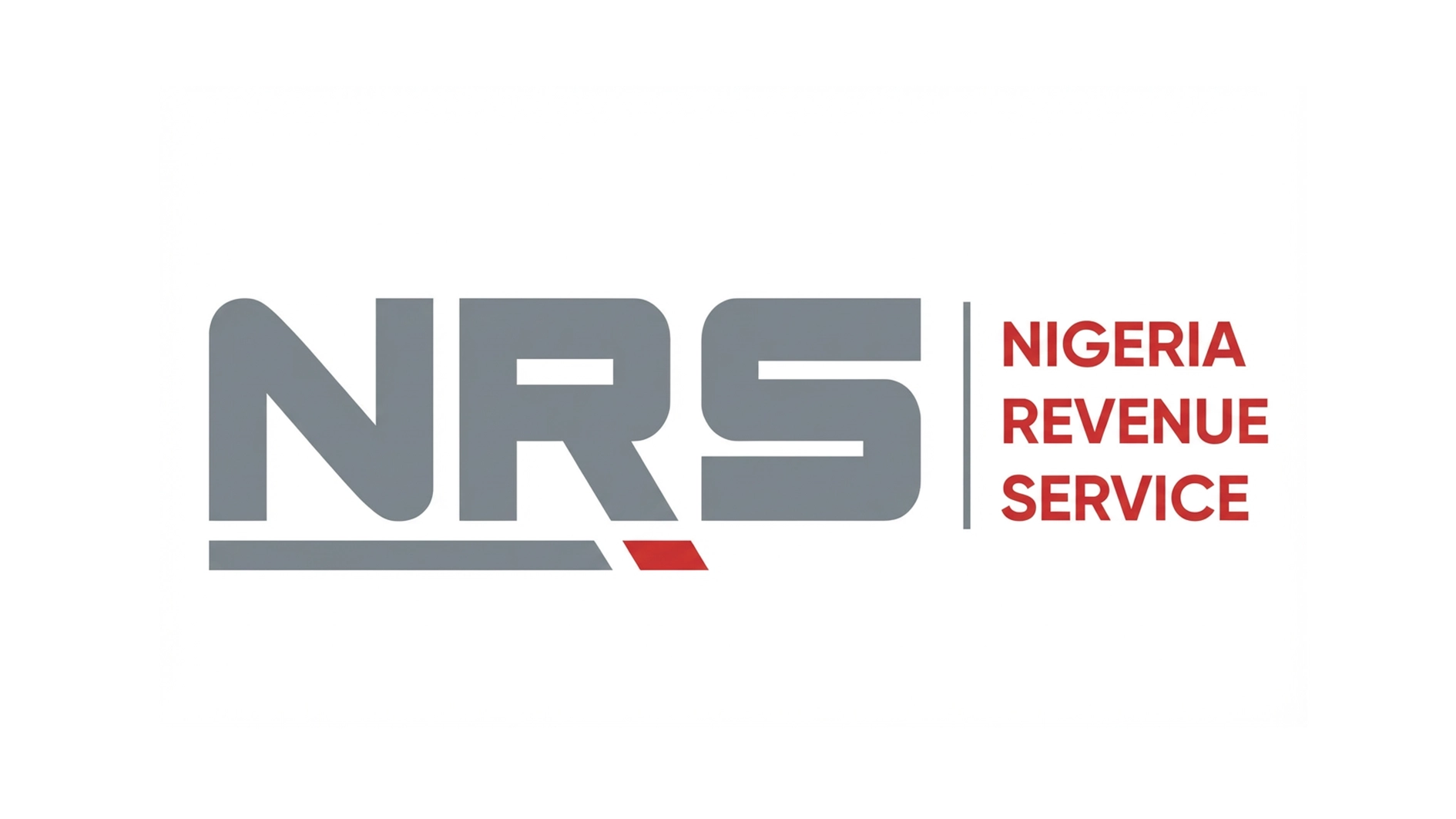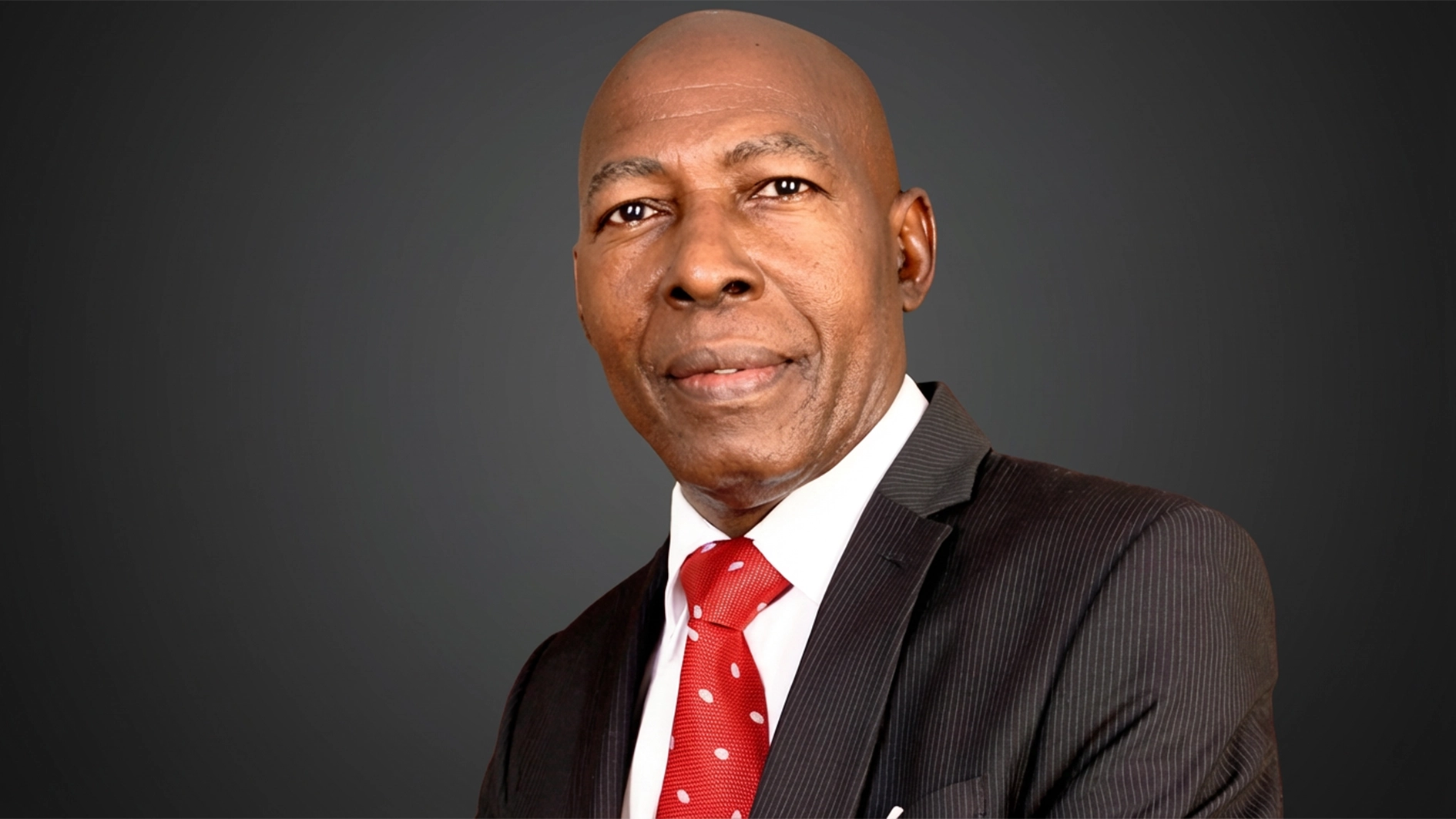 To scale up Nigeria’s mobile money market to at the sub-regional front, the Central Bank of Nigeria (CBN) should extend licences to MTN and Airtel.
To scale up Nigeria’s mobile money market to at the sub-regional front, the Central Bank of Nigeria (CBN) should extend licences to MTN and Airtel.
The Head of GSMA Africa, Akinwale Goodluck, said this during a virtual interaction with some journalists at the weekend, to dissect the recently-released ‘State of the Industry Report on Mobile Money’.
Already, service providers including Globacom and 9mobile have been granted licence to do. Though penetration is still very low, analysts believe that the service has huge market potential in Nigeria.
The GSMA Head Africa said what is required to drive financial inclusion in Nigeria is the further liberalisation of the regulatory environment.
“Importantly, it is necessary that a level playing field is created, that licences are extended to the other two big network operators in Nigeria, namely Airtel and MTN. Once we have all of them on board, I think we will see mobile money accelerate and we will see the kind of numbers and growth that we want. For now, Nigeria is lagging behind some of the other countries in West Africa like Ghana, Ivory Coast,” he said.
Goodluck informed that those countries are doing very well, which is a factor of their regulatory environment. He stressed that it is a factor of the commitment of the operators, “factor of the relationship between the mobile telecommunication sector and the financial and banking sector in these countries.”
According to him, if potential mobile money uptakers do not get a sense that their mobile money accounts would allow them to transact with the generality of the people in Nigeria, “it may sort of curb appetite and limit the adoption. As long as the two biggest players in the market in Nigeria are excluded it would be very difficult to sell a mobile money proposition.
“MTN and Airtel have significant mobile money experience in other markets in sub-Saharan Africa and I am sure they would bring that experience to Nigeria, but that in itself is not necessarily a limitation for the two telcos that have already gotten licences. It is a scale game and interoperability.”
MEANWHILE, mobile money transactions rose by 65 per cent in 2020 with accounts across the globe hitting 1.2 billion, which has been propelled by the need to meet huge financial obligations during the COVID-19 period.
GSMA, which stated this, noted that there was a dramatic acceleration in mobile transactions during the COVID-19 pandemic as lockdown restrictions limited access to cash and financial institutions.
GSMA said it found out that the number of registered accounts grew by 13 per cent globally in 2020 to more than 1.2 billion – double the forecast. It stressed that the fastest growth was in markets where governments provided significant pandemic relief to their citizens.
GSMA in the report observed that to minimise the economic toll of COVID-19, many national governments distributed monetary support to individuals and businesses.
According to the report, the value of government-to-person payments quadrupled during the pandemic, with the mobile money industry working hand-in-hand with administrations and NGOs to distribute social protection and humanitarian payments quickly, securely, and efficiently to those in need.
Facilitating this type of direct income support payments, the report noted, is one example of how mobile money provides a financial lifeline to underserved communities. It stressed that mobile money providers have also provided in-kind support, including the distribution of personal protective equipment (PPE) and hand sanitising gel at agent counters.
The report noted that for the first time, more than $1 billion was sent and received in the form of remittances globally every month via mobile money.
It noted that despite early fears that transactions would decline as people worldwide suffered job losses and income cuts during the pandemic, it remains clear that Diasporas continue to support family and friends back home.
As a result, the total value of transactions increased by 65 per cent to an annual total of $12.7 billion in 2020.






